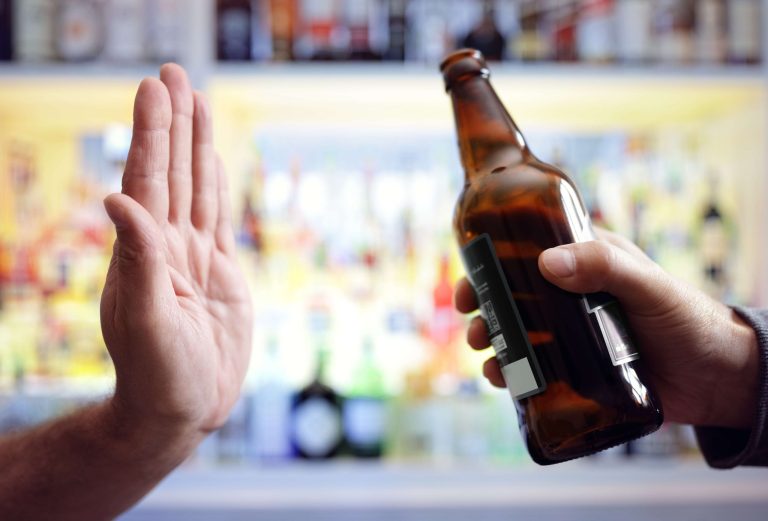Sober living
How White Wine Affects Your Body, According To Experts
Additionally, red wine is well known to contain resveratrol, an antioxidant that Mayo Clinic points out may decrease inflammation and play a role in decreasing the risk of heart disease. Alcohol makes us hungry by hijacking our hormones, lowering our inhibitions, and causing cravings. A pattern of heavy drinking and late-night noshing can lead to weight gain, especially if we’re struggling with sleep problems and metabolic issues.
How Long Does Alcohol Stay In Your System?

Moderating your intake of the beverages listed above and drinking plenty of water can help prevent dehydration. Listening to your body and learning to recognize signs of dehydration can also be beneficial. In another study in 20 older adults, drinking just 2 servings of wine increased short-term urine output. However, the effects of certain types of alcohol may differ, as drinking 2 servings of beer did not have a significant effect (11, 12). On the other hand, heavy drinking can increase one’s risk of developing some types of cancers.
What Is Dehydration?
Unfortunately, alcohol reduces the natural production of vasopressin in your body. Therefore, your body becomes less adept at holding on to water over time. This, in turn, could slow down the urine production of your kidneys, which means you’ll pass the wine out of your system more slowly as well. For starters, if you drink wine while on an empty stomach, your intestines will absorb the alcoholic content and the liquid very quickly. Since there isn’t any food to get in the way, this will result in your body absorbing what water is already in the wine, leaving the alcohol in your system by itself.

Diuretic foods
Excessive sweating in women can also be caused by hormonal changes during perimenopause. It is a natural transition from reproductive years to post-menopausal life, and it is characterized by irregular periods and other physical signs such as hot flushes, night sweats, vaginal dryness and mood swings. Hormonal changes can significantly impact how sweat glands respond to certain signals, leading to increased perspiration. Perimenopause typically begins https://www.manuelstowing.com/alcohol-and-other-substance-use-to-cope-with-3/ in the mid 40s but can vary depending on individual circumstances.
- While the amount of alcohol you consume is the main determinant of how dehydrated you’ll eventually become, you’re better off starting a drinking session well hydrated as opposed to already dehydrated.
- Knowing and listening to your own body is the best way to prevent a hydration mishap — or really, any medical mishap.
How Your Blood Type Can Affect Your Health
If you often find yourself breaking out in a sweat after enjoying a glass of red wine, there are certain measures you can take to help prevent this from happening. Talk to your doctor if you are unsure of what amount of alcohol may be safe and beneficial — they may be able to provide personalized advice based on your individual health needs. 75% of women going through menopause experience hot flashes and night sweats in their final year, which can be severe enough to greatly impact their quality of life. Fortunately, there are effective treatments that can help reduce the intensity or frequency of these symptoms. Diabetes insipidus is a rare disorder that affects your body’s drug addiction fluid balance and water absorption, according to the Mayo Clinic.
Dry mouth (xerostomia)
- Finally, some people are particularly sensitive to certain wines—especially those that contain high levels of tannins or sulfites—which may cause them to experience an increased level of heat after drinking.
- Red wine contains antioxidants, such as resveratrol, which may protect the heart and blood vessels.
- However, the effect of red wine on hydration is influenced by its water content and consumption patterns.
On the other hand, some studies show that certain beverages that are often believed to be dehydrating are unlikely does wine make you thirsty to affect fluid balance or increase water retention, especially if enjoyed in moderation. When you’re feeling thirsty or dehydrated, reaching for a refreshing beverage may seem like common sense. Other methods to reduce excessive sweating include the use of topical antiperspirants containing aluminum salts, such as aluminum chloride hexahydrate. These solutions work by plugging sweat pores and reducing the amount of sweat released from the body.
